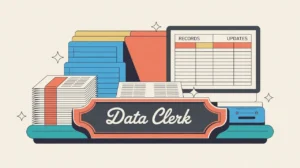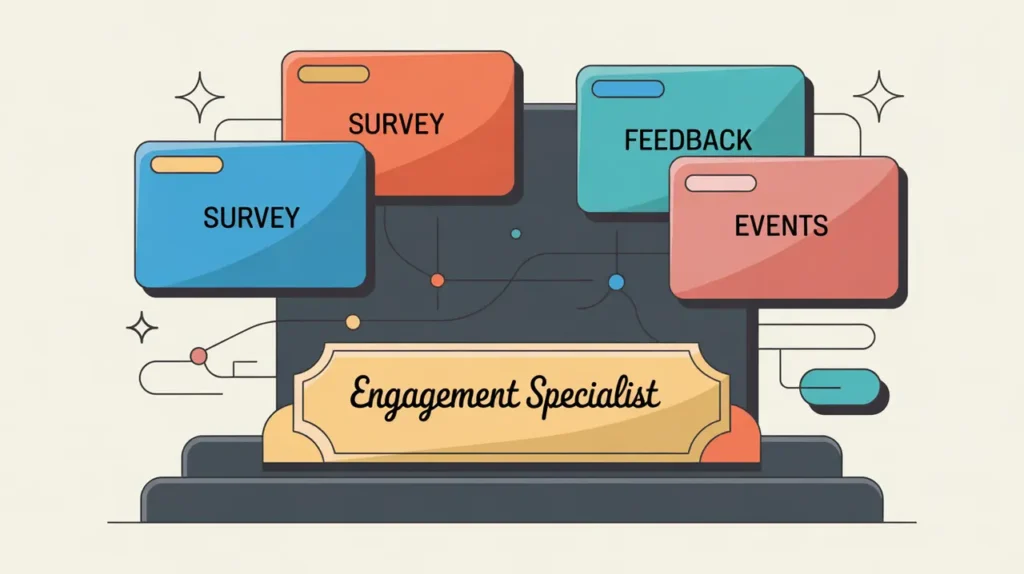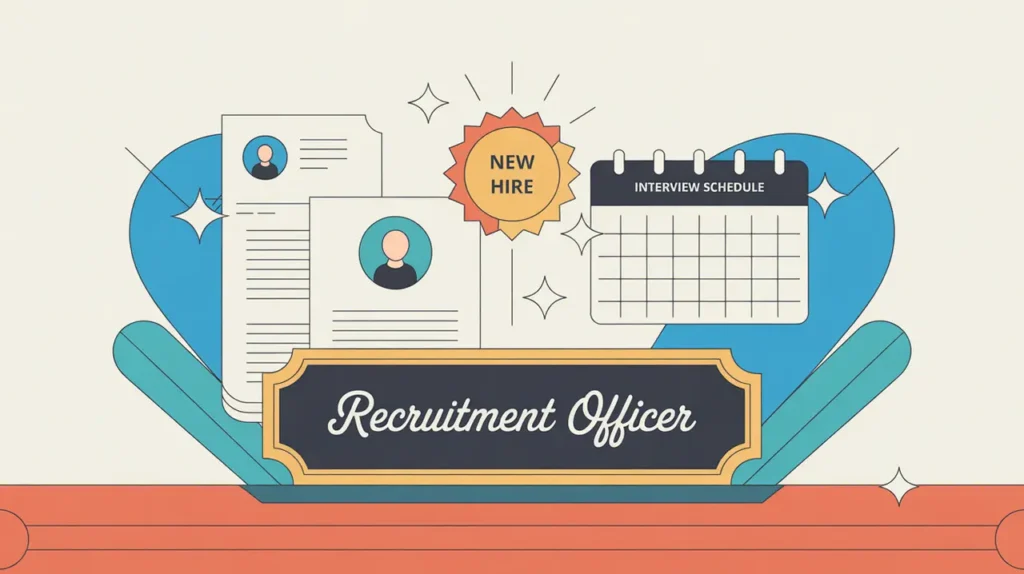What Does the Director of Learning Role Involve?
A director of learning is responsible for shaping and leading the organization’s learning strategy to strengthen staff capacity, organizational effectiveness, and program quality. This involves designing and overseeing professional development programs, fostering a culture of continuous learning, integrating learning with performance management, and ensuring that learning activities align with strategic priorities. The role typically sits within the executive or human resources function and works closely with leadership, program teams, HR teams, and external learning partners. In both nonprofits and social enterprises, directors of learning play a pivotal role in ensuring that individuals and teams have the knowledge, skills, and mindsets needed to adapt and excel in dynamic contexts.
At What Level does this Role Operate?
Executive Level: This role typically reports to the chief people officer, chief strategy officer, or chief executive officer. It involves setting organizational learning strategies, managing teams or units, advising leadership on talent development, and ensuring that learning is integrated into organizational systems and culture.
Relative Employability: Director of learning roles are in steady demand across nonprofits, social enterprises, philanthropic organizations, and international NGOs. As organizations place greater emphasis on talent development, adaptive capacity, and organizational resilience, learning leadership has become increasingly strategic.
Relative Pay Scale: Within nonprofits and social enterprises, director of learning roles sit in the executive pay bands, reflecting their strategic importance, cross-functional influence, and role in workforce development.
What are the Key Responsibilities and Activities?
- Develop and lead the organization’s learning strategy, ensuring alignment with mission, goals, and workforce needs
- Design and oversee professional development programs, leadership pipelines, and capacity-building initiatives
- Foster a culture of continuous learning and knowledge sharing across teams and departments
- Integrate learning with performance management systems to support growth and accountability
- Collaborate with leadership and HR teams to assess skills gaps and design targeted learning interventions
- Oversee the development of learning platforms, curricula, and resources, including digital tools and blended learning approaches
- Evaluate learning programs for effectiveness and alignment with strategic priorities
- Build partnerships with external learning providers, academic institutions, and networks to enhance offerings
- Lead teams responsible for learning and development, providing guidance and capacity building
What Core Competencies and Qualifications are Needed?
Required Qualifications and Experience
The following reflect common qualifications and experience expected for this role, while recognizing that pathways may vary by context, organization, and region.
- Relevant academic background in education, organizational development, human resources, public administration, or a related field, or equivalent professional experience
- Extensive experience in learning and development, instructional design, or organizational development roles
- Strong understanding of adult learning principles, capacity-building strategies, and learning technologies
- Proven ability to lead teams, design systems, and advise leadership on learning strategies
- Excellent facilitation, communication, and change management skills
Key Competencies
- Learning strategy and leadership
- Program design and instructional development
- Talent development and performance integration
- Learning culture cultivation and change management
- Evaluation and continuous improvement
- Digital learning tools and external partnerships
How are AI and Automation Shaping this Role?
An AI-native director of learning will look to AI and automation to enhance personalization, scalability, and insight in learning programs. They can use AI tools to assess learning needs, recommend tailored content, analyze learner progress, and automate feedback loops. Automation can streamline enrollment, tracking, and reporting processes, freeing learning teams to focus on strategic design and facilitation. By integrating AI thoughtfully, directors of learning can create adaptive, data-informed learning ecosystems that strengthen organizational capability and agility.
What Career Pathways and Transferable Skills are Associated with this Role?
Director of learning roles can lead to positions such as chief people officer, chief strategy officer, or other senior executive roles. The skills developed in instructional leadership, organizational development, talent strategy, and change management are highly transferable across nonprofits, social enterprises, philanthropic organizations, educational institutions, and the private sector. This role provides a strong platform for shaping how organizations learn, adapt, and grow in rapidly changing environments.







